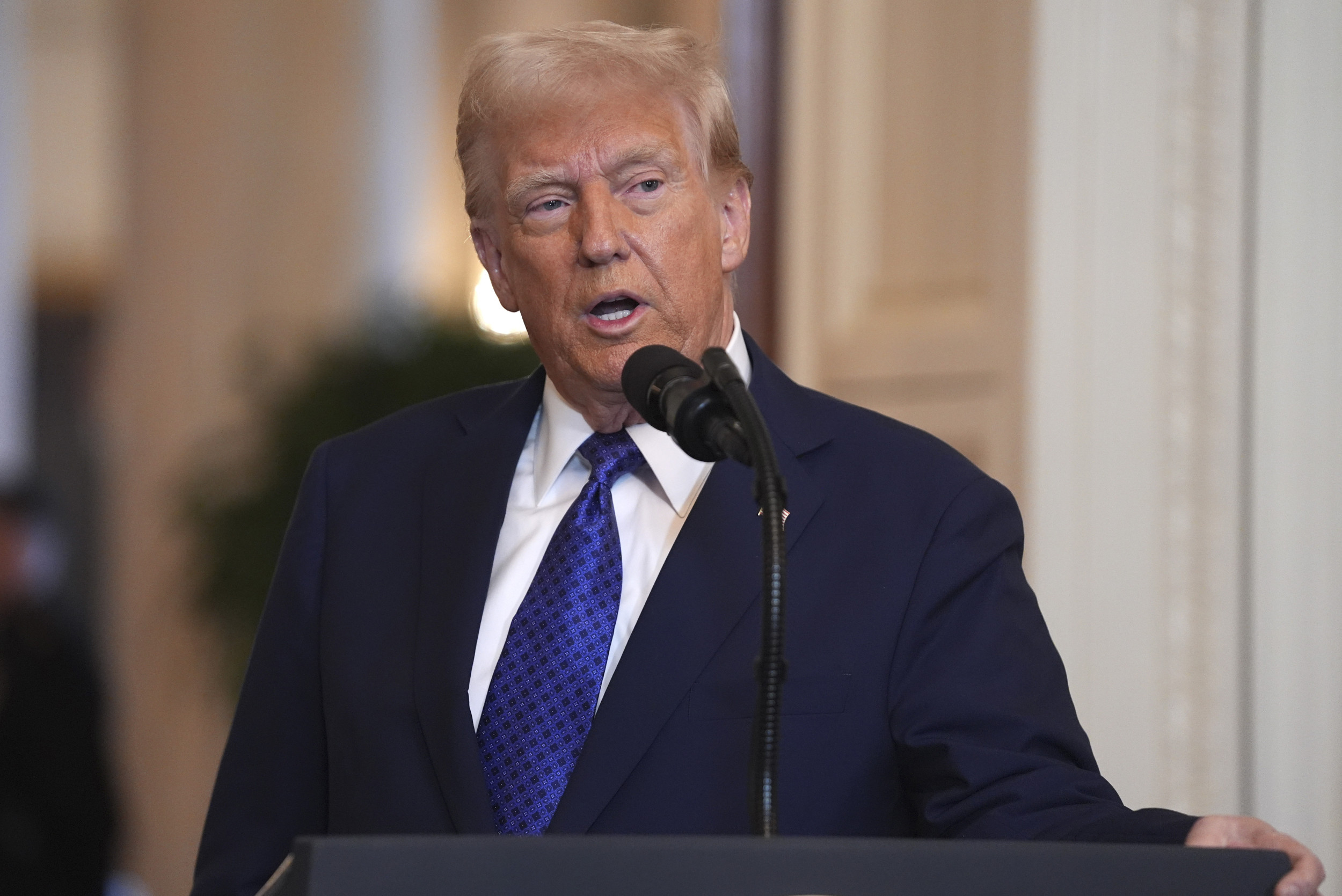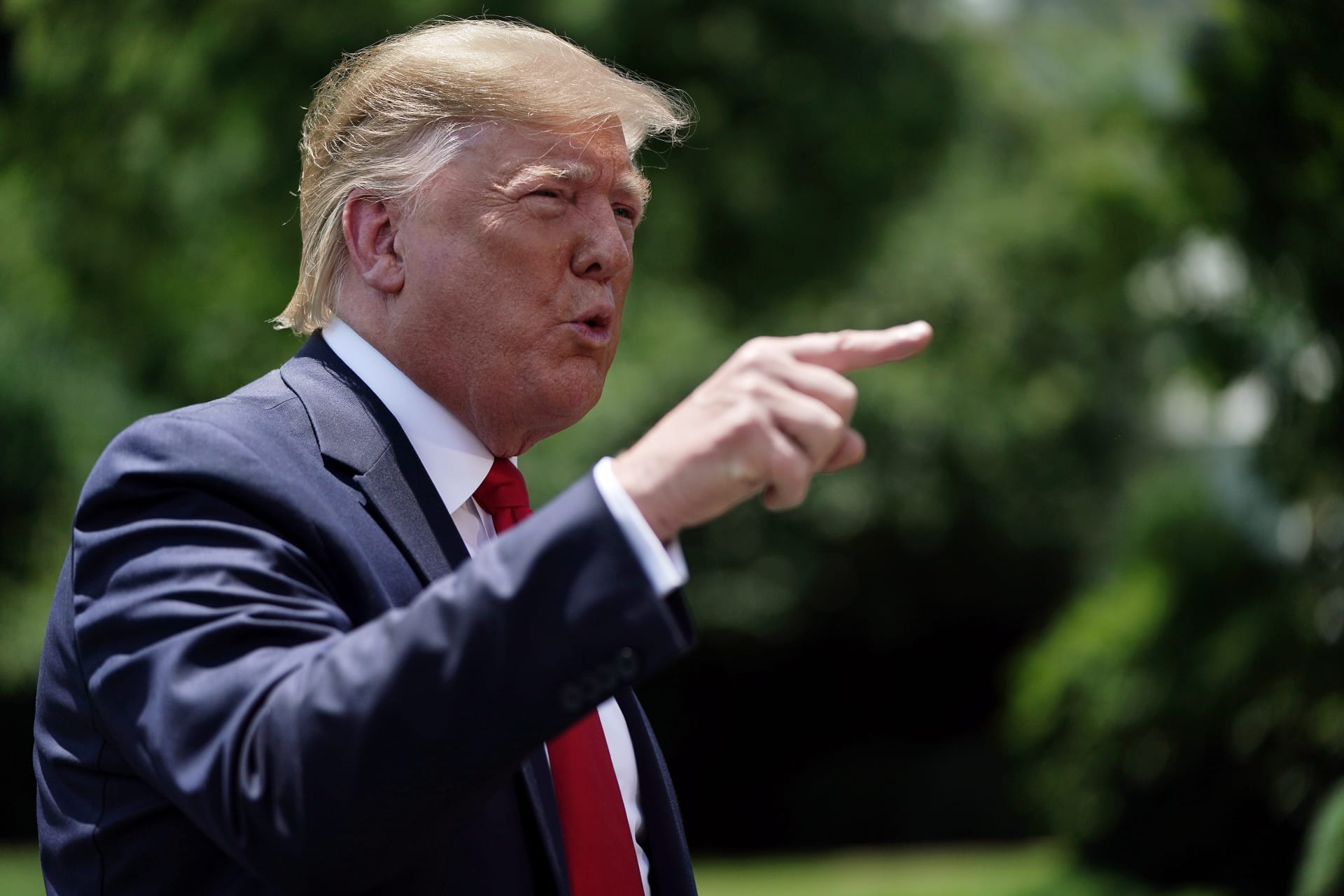CDU/SPD Coalition Talks Commence: Key Issues And Potential Outcomes

Table of Contents
Key Policy Differences and Areas of Potential Compromise
Significant policy differences exist between the CDU and SPD, requiring substantial compromise to form a workable coalition government. These disagreements span key areas like climate change policy, economic policy, social policy, and immigration policy. Navigating these divisions will be crucial for the success of the CDU/SPD coalition.
-
Climate Change: The SPD advocates for a more rapid transition to renewable energy and stricter emission reduction targets than the CDU. Finding common ground might involve agreeing on a phased approach, incorporating incentives for green technologies, and substantial investments in renewable energy infrastructure. This will likely involve compromises on the timeline for phasing out coal and the speed of adopting electric vehicles.
-
Economic Policy: Disagreements over taxation, particularly concerning wealth and corporate taxes, are significant hurdles. The SPD typically favors higher taxes on wealthier individuals and corporations, while the CDU tends to prioritize tax cuts to stimulate economic growth. A potential compromise could involve targeted tax relief for middle-income families coupled with increased investment in infrastructure projects to boost employment.
-
Social Policy: Divergent views on social welfare programs, such as healthcare and pension systems, require careful negotiation. The SPD generally supports expanding social safety nets, while the CDU emphasizes fiscal responsibility. Compromises might involve adjustments to benefit levels, streamlining administrative processes, and exploring innovative funding mechanisms.
-
Immigration and Integration: The CDU and SPD hold different stances on asylum laws and integration policies. Finding a middle ground will demand careful consideration of existing legislation, potentially involving adjustments to asylum procedures and enhanced support for integration programs. This could include increased funding for language courses and initiatives aimed at combating discrimination.
Leadership and Coalition Structure
Beyond policy, the leadership structure and coalition agreement itself will be critical factors determining the stability and effectiveness of the new government.
-
Chancellor Candidacy: The selection of the Chancellor is paramount. While the outcome of the election might suggest a particular candidate, both parties will likely engage in negotiations to secure a mutually acceptable figure capable of commanding majority support within the Bundestag.
-
Cabinet Positions: The allocation of key ministerial positions, such as Finance, Foreign Affairs, and Interior, will be a source of intense bargaining. Achieving a balanced representation from both parties is crucial for maintaining internal cohesion and preventing power imbalances. The distribution of these key cabinet positions will significantly influence the government's overall direction.
-
Coalition Agreement Details: The final coalition agreement must address all key policy areas, outlining specific commitments, responsibilities, and timelines for implementation. A detailed and comprehensive agreement is essential for avoiding future conflicts and ensuring the government's ability to function effectively. This will require meticulous planning and clear articulation of goals.
Potential Outcomes and Implications
The CDU/SPD coalition talks hold significant implications for Germany's political stability, economic outlook, and its role in the European Union.
-
Stable Coalition Government: A successful agreement could result in a stable government capable of implementing necessary reforms and addressing critical challenges facing Germany, fostering economic growth and political continuity.
-
Policy Gridlock: Failure to reach a compromise could lead to prolonged political instability, hindering crucial policy decisions and potentially triggering new elections. This could severely impact Germany's international standing and economic prospects.
-
Economic Consequences: The outcome directly affects Germany's economic trajectory. A strong, stable government is essential for investor confidence and sustainable economic growth. Uncertainty arising from prolonged negotiations or failure to form a coalition could negatively impact investment and economic activity.
-
European Union Influence: Germany's role within the EU will be affected by the new government's composition and policies. A strong and unified government is vital for Germany to effectively influence EU decisions and advance its interests within the European framework.
Conclusion
The CDU/SPD coalition talks are a defining moment in German politics. The success hinges on both parties' willingness to compromise on key policy areas and establish a robust framework for governance. The potential outcomes range from a stable, effective government to prolonged political uncertainty. Staying informed about the progress of these CDU/SPD coalition talks and their potential impact is crucial for understanding the future direction of Germany's political and economic landscape. Follow the latest developments to stay updated on the evolving German coalition government situation and its potential consequences.

Featured Posts
-
 Trumps Approval Rating At 39 Factors And Future Implications
Apr 30, 2025
Trumps Approval Rating At 39 Factors And Future Implications
Apr 30, 2025 -
 Gillian Anderson Novo Lice Retro Mode
Apr 30, 2025
Gillian Anderson Novo Lice Retro Mode
Apr 30, 2025 -
 Free Streaming Of Ru Pauls Drag Race Season 17 Episode 9
Apr 30, 2025
Free Streaming Of Ru Pauls Drag Race Season 17 Episode 9
Apr 30, 2025 -
 Nba Playoffs Cavaliers Vs Heat Game 2 Where To Watch
Apr 30, 2025
Nba Playoffs Cavaliers Vs Heat Game 2 Where To Watch
Apr 30, 2025 -
 Mstqbl Knda Rhyn Baldem Alamryky Thdhyr Tramb
Apr 30, 2025
Mstqbl Knda Rhyn Baldem Alamryky Thdhyr Tramb
Apr 30, 2025
Latest Posts
-
 Pekanbaru Incar Rp 3 6 Triliun Investasi Target Bkpm Tahun Ini
May 01, 2025
Pekanbaru Incar Rp 3 6 Triliun Investasi Target Bkpm Tahun Ini
May 01, 2025 -
 New Photo Of Prince William A Reflective Moment At Kensington Palace
May 01, 2025
New Photo Of Prince William A Reflective Moment At Kensington Palace
May 01, 2025 -
 Investasi Pekanbaru Bkpm Incar Rp 3 6 Triliun Tahun Ini
May 01, 2025
Investasi Pekanbaru Bkpm Incar Rp 3 6 Triliun Tahun Ini
May 01, 2025 -
 Bkpm Bidik Rp 3 6 Triliun Investasi Di Pekanbaru Tahun 2024
May 01, 2025
Bkpm Bidik Rp 3 6 Triliun Investasi Di Pekanbaru Tahun 2024
May 01, 2025 -
 Aplicativo De Ia Da Meta Uma Alternativa Ao Chat Gpt
May 01, 2025
Aplicativo De Ia Da Meta Uma Alternativa Ao Chat Gpt
May 01, 2025
